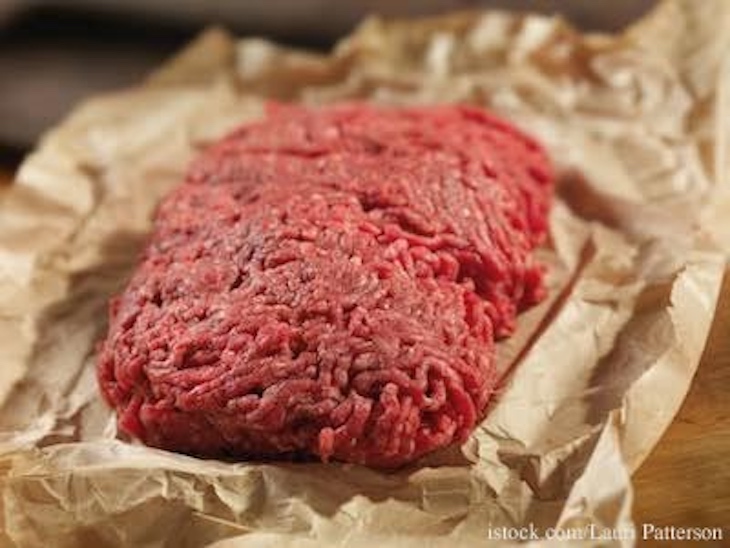With the HelloFresh ground beef E. coli O157:H7 outbreak in the news, what is the history of ground beef E. coli outbreaks? There have been many in the past, including O157 and non-O157 strains.

While E. coli O157:H7 is the most well known strain of this pathogen, the “Big Six” non-O157 strains are also a common cause of human illness. They include O103, O26, O45, O111, O121, and O145. All of these strains produce Shiga toxins, which cause serious illness, so they are called Shiga toxin-producing E. coli (STEC). In 2012 the USDA began classifying these serotypes as adulterants.
Shiga toxins cause ulcers in the colon, which causes the characteristic bloody diarrhea that happens with this infection. If Shiga toxins get into the bloodstream, they destroy red blood cells, which move to the kidneys as blood is filtered. The dead red blood cells can clog small tubes, or glomeruli, in the kidneys and can damage them, causing hemolytic uremic syndrome (HUS), which is a major cause of kidney failure.
All of these strains are found in the guts of cattle and other ruminant animals. When the animals are slaughtered, feces can get onto the muscles. And when the whole cuts are ground into ground beef, the pathogen can be mixed throughout, making ground beef a potentially inherently risky food.
History of Ground Beef E. coli Outbreaks
The current ongoing E. coli O157:H7 outbreak, which has sickened at least seven people in six states, is linked to the ground beef packaged in some HelloFresh meal kits, according to the CDC. Seven people in six states are sick, and six people have been hospitalized.
An unsolved E. coli O157:H7 ground beef outbreak was posted on the USDA Outbreak Investigation Table in 2021. We don’t know how many people were sickened or if anyone was hospitalized. As was typical during the COVID-19 pandemic, this and many other outbreaks were not solved in 2020 and 2021.
In 2019, an E. coli O103 outbreak linked to ground beef that ma have been produced by Grant Park Packing and K2D Foods sickened at least 209 people in 10 states. Twenty-nine people were hospitalized and two people developed HUS.
In 2018, an E. coli O26 outbreak linked to Cargill Meat Solutions ground beef sickened at least 18 people in four states. Six patients were hospitalized and one person died.
In 2016, an E. coli O157:H7 outbreak linked to ground beef produced by Adams Farm Slaughterhouse sickened 11 people in five states.
Ground beef produced by PT Farm in New Hampshire sickened 14 people in four states in 2016.
In 2014, an E. coli O157:H7 outbreak linked to ground beef sold by Whole Foods in Newton, Massachusetts sickened three people. An 8-year-old boy from Massachusetts died.
In 2014, an E. coli O157:H7 outbreak linked to Wolverine ground beef sickened at least 12 people in four states. Seven people were hospitalized.
Protect Yourself
To protect yourself, always handle ground beef and other ground meats with care. Always cook these foods to final internal temperatures of 160°F for ground beef, pork, and veal, and to 165°F for ground chicken and turkey. Use a meat thermometer every time to make sure they are safe to eat. Never cook or serve rare or medium rare ground beef, especially if you have someone in your family at high risk for serious complications from STEC infections.
And be careful about cross-contamination. The juices from these ground meats can easily spread around your kitchen and contaminate surfaces and other foods. Wash your hands thoroughly with soap and water after handling them, and clean cutting boards, utensils, the kitchen counter, and your sink.

If you have been diagnosed with an E.coli infection from contaminated food, please contact our experienced attorneys for help with a possible lawsuit at 1-888-377-8900 or text us at 612-261-0856. Our firm represents clients in lawsuits against grocery stores, restaurants and food processors.




